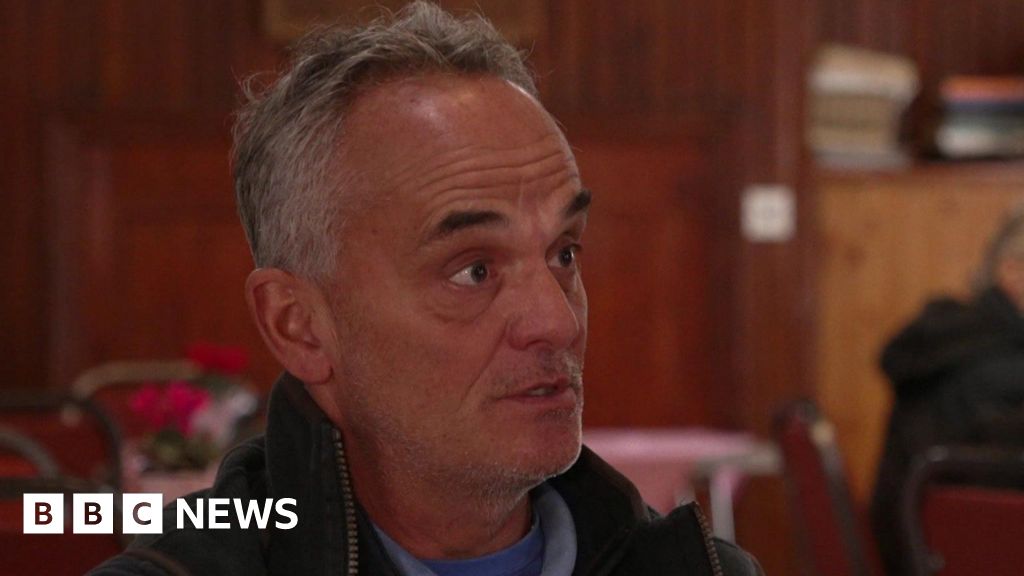The Supreme Court is to rule on Friday on whether millions of motorists could be entitled to compensation on their hire-purchase agreements.
In October last year, the Court of Appeal ruled that “secret” commission payments to car dealers as part of finance arrangements made before 2021 without the motorist’s fully informed consent were unlawful.
The court found that three motorists, who all bought their cars before 2021, had not been told either clearly enough or at all that the car dealers, acting as credit brokers, would receive a commission from the lenders for introducing business to them, and should receive compensation.
Two lenders, FirstRand Bank and Close Brothers, took the row to the Supreme Court, telling a three-day hearing in April that the decision was an “egregious error”.
The Financial Conduct Authority (FCA) has also intervened in the case, telling the UK’s highest court that the Court of Appeal ruling “goes too far”, while the three motorists oppose the challenge.
Lords Reed, Hodge, Lloyd-Jones, Briggs and Hamblen are due to hand down their ruling at 4.35pm on Friday.
The outcome of the ruling could have major consequences for the industry, with the FCA telling the Supreme Court last year that almost 99% of the roughly 32 million car finance agreements entered into since 2007 involved a commission payment to a broker.
The three drivers, Marcus Johnson, Andrew Wrench and Amy Hopcraft, all used car dealers as brokers for finance arrangements for second-hand cars, all worth less than £10,000.
Only one finance option was presented to the motorists in each case, with the car dealers making a profit from the sale of the car and receiving commission from the lender.
Get a free fractional share worth up to £100.
Capital at risk.
Terms and conditions apply.
Go to website
ADVERTISEMENT
Get a free fractional share worth up to £100.
Capital at risk.
Terms and conditions apply.
Go to website
ADVERTISEMENT
The commission paid to dealers was affected by the interest rate on the loan.
The schemes were banned by the FCA in 2021, with the three drivers taking legal action individually between 2022 and 2023.
After the claims reached the Court of Appeal, three senior judges ruled that the lenders were liable to repay the motorists the commission, as there was “no disclosure” of the commission payments in Ms Hopcraft’s case, and “insufficient disclosure” in the case of Mr Wrench.
In Mr Johnson’s case, the judges found that he had received “insufficient disclosure” about the commission to give “fully informed consent” to the payment.
Lady Justice Andrews, Lord Justice Birss and Lord Justice Edis said that while each case was different, “burying such a statement in the small print which the lender knows the borrower is highly unlikely to read will not suffice” as enough to properly inform a motorist about the commission.
If justices dismiss the challenge, it is unclear how many people could be entitled to compensation.
If they side with the lenders, then it is likely to significantly limit the scope of potential payouts to motorists.
The FCA has said it will confirm within six weeks of the judgment whether it is planning to launch a redress scheme.







